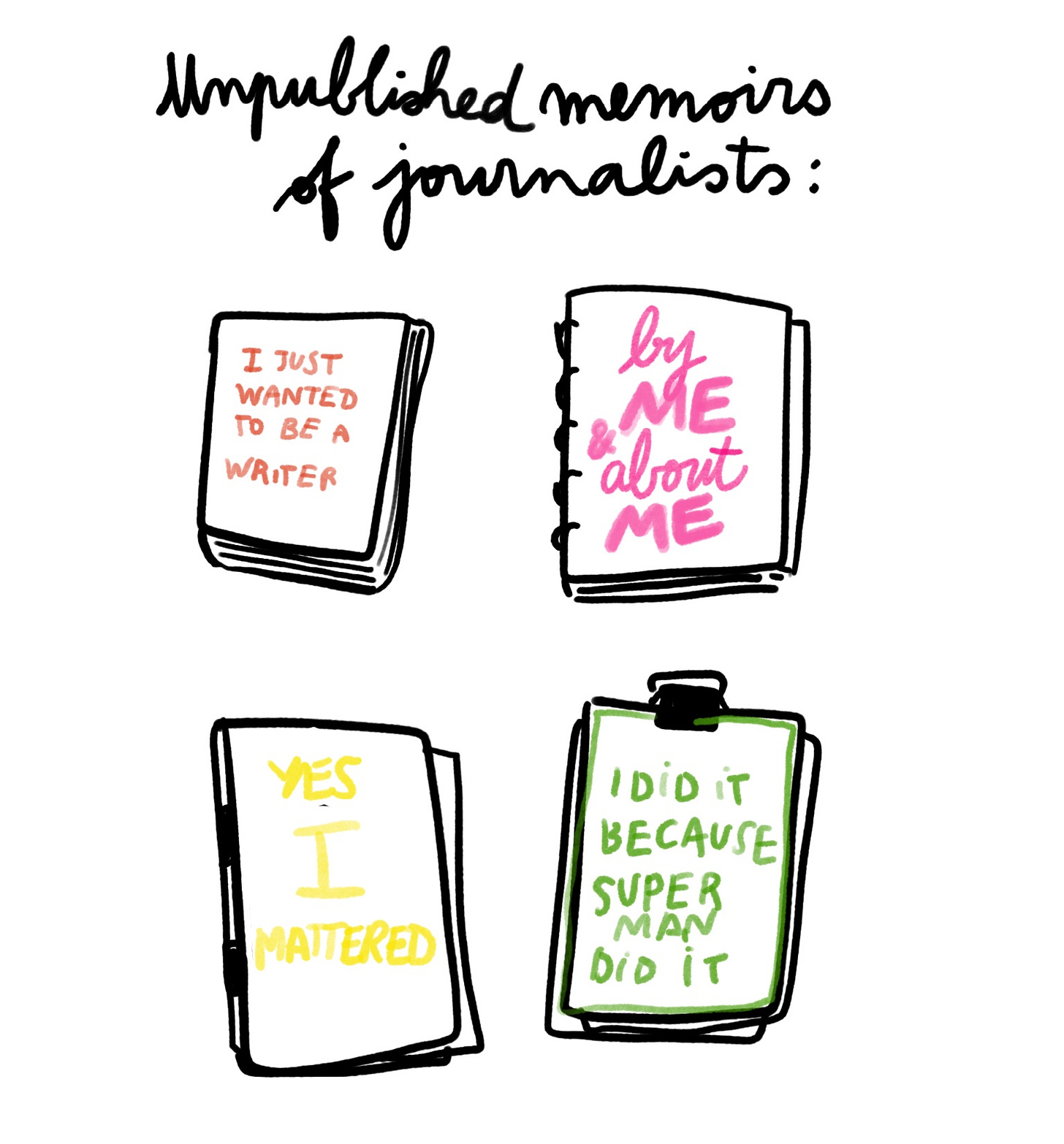
I'm one of those journalists who doesn't actually like writing.
A university professor once told me my writing is like a bulldozer and I took it as a compliment. I don't think my writing style is particularly elegant and I'm fine with that. My aim isn't to turn beautiful phrases and to agonise over the beat of my sentence structure.
I see writing as a means to an end. It's a vehicle to transmit the information I've gathered – if that vehicle's a bulldozer, even better because it means my point is coming across strong. For me, writing is the part of the journalistic process that I have to just get through, something to tick off the to-do list.
I was interviewing an academic recently for a story I'm working on and at the end of the call, she told me I'd asked good questions and that she'd really enjoyed our discussion. Apart from just getting a kick out of being told I did the job well, I realised that I'd also been enthralled in our talk. That was when it finally dawned on me that, after more than ten years of doing journalism, I finally figured out that my favourite part of putting a story together is the reporting. Finding information, piecing things together, interviewing sources – that's what I love.
Talking to a source, getting to spend uninterrupted time immersed in their lives, hearing what they have to say is why I do what I do. Learning something about another person, the world and myself all at the same time and all in the space of a half-hour conversation is thrilling. The only way I can describe it is the antithesis of small talk; reporting is big talk. As such, I find writing hard because I have to do justice to someone else's story. In fact, I don't really see the stories I write as "mine" because they have nothing to do with me.
Now there is one caveat to all of what I've just said because there is one particular kind of writing that I do really love: this newsletter. When it comes to putting this together, the writing part just flows. I suspect that's because I basically am the story and the reporting is happening as I'm writing. Not to sound too navel-gazing, but it's like I'm reporting on myself.
We're not taught to interrogate why we want to do the things we're drawn to do. It's all well and good doing what you love, but have you ever stopped to ask yourself why you really love it? If you did, you might find you're actually doing something that you're good at that's only tangentially related to what you love.
That happened to me – I started down my career path without ever stopping to ask myself what was it about journalism that drew me to it. So for about five years of my career, I worked as an editor because that was technically journalism and I didn't understand why I was unhappy. Had I realised the reporting and interviewing part was what I really wanted to do, I might have started a career in audio sooner and not bothered with the writing part.
The same goes for journalists who do in fact just want to be writers. I know plenty of people who work in journalism who have no interest in reporting and just want to write. That's totally and completely fine, but they'd be better served if they spent some time thinking about what being a writer means for them.
Something I get asked quite a bit these days is how I find balancing writing this newsletter with doing journalism. It's a funny question because I see this newsletter as a form of journalism. It's service journalism. If the New York Times can print recipes that help you cook dinner, I can publish newsletters that help you further your freelance career.
I think the reason I get asked this question is that we don't all have the same definition of journalism. Or that many of us haven't stopped to think about why we’re in this profession. I understand journalism as providing citizens with the information they need to make better decisions. Those decisions, however, can be as big as "whom to vote for" or as specific as "what accounting software should I use to file my tax return".
Spend some time figuring out why you really want to be a journalist, the answer might really surprise you.




